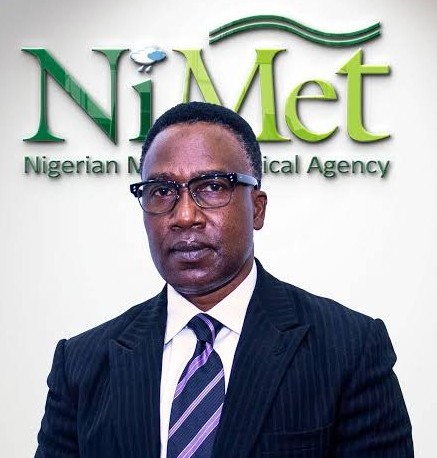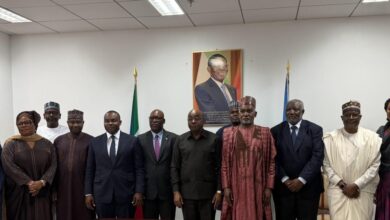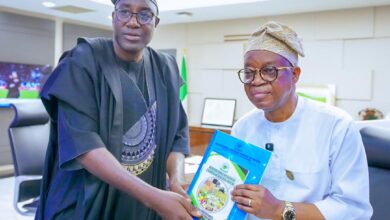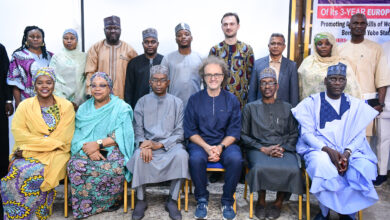
The Director General, Nigerian Meteorological Agency (NiMet), Prof. Charles Anosike, has urged Nigerian to match it’s Seasonal Climate Prediction( SCP) and other early warnings with early actions to tackle associated climate risks.
The Professor stated this on Wednesday at the Tree Planting and Climate Action Summit, themed: ‘Tree-mendous Strategy for a Sustainable Future’, at the Chukwuemeka Odumegwu Ojukwu University, Igbariam, Anambra state.
Anosike who was represented by the Director of the Directorate of Applied Meteorological Services (DAMS), Mrs. Glory Onyegbule said, NiMet carries out early warnings through the annual seasonal climate prediction (SCP).
“For effective impact of the SCP and other early warning products from NiMet, these early warnings must be matched with early actions by all in order to mitigate the associated risks and build a more resilient society,” he said.
The Director General disclosed that over the years, the agency has developed mutually beneficial partnerships with research Institutions and the academia across the country for the overall good of the nation.
“These partnerships have played significant roles in improving climate knowledge, climate risk management, disaster risk preparedness, climate appreciation and awareness among others”, he said.
He informed the audience that recent decades have seen increasing frequency and intensity of flooding across the country.
“Heat wave and heat stress are gradually becoming a regular occurrence yearly, dry spell frequency and intensity are also on the increase with potential danger for the occurrence of meteorological drought.
Weather storms (thunderstorms, line-squalls, rainstorms etc.) are now becoming more violent. Mudslides, erosions, including coastal inundation are not left out.
“All these are consequences of the changing climate with attendant human and
socioeconomic losses to affected communities and the nation at large”, Prof. Anosike said.
He said that human actions through deforestation, urbanisation, transportations, industrialization, indiscriminate waste disposal, land use, etc. have contributed immensely to the rapidly changing climate.
“Combating the cause and effect of
Climate Change requires the collective action of all citizenries at national, state and local government levels including communities”, he charged.
Professor Anosike commended the Acting Vice Chancellor of the university, Prof. Kate Omenugha, and the university community’s action through the Tree Planting and Climate Action Summit, saying that it should be applauded and emulated by other institutions.
He hoped that the University will continue to utilise NiMet forecast in nurturing the trees planted and assured that the Nigerian Meteorological Agency (NiMet) will continue to collaborate with the institution and other stakeholders in ensuring timely release of accurate weather and climate information that is impact-based and actionable.






